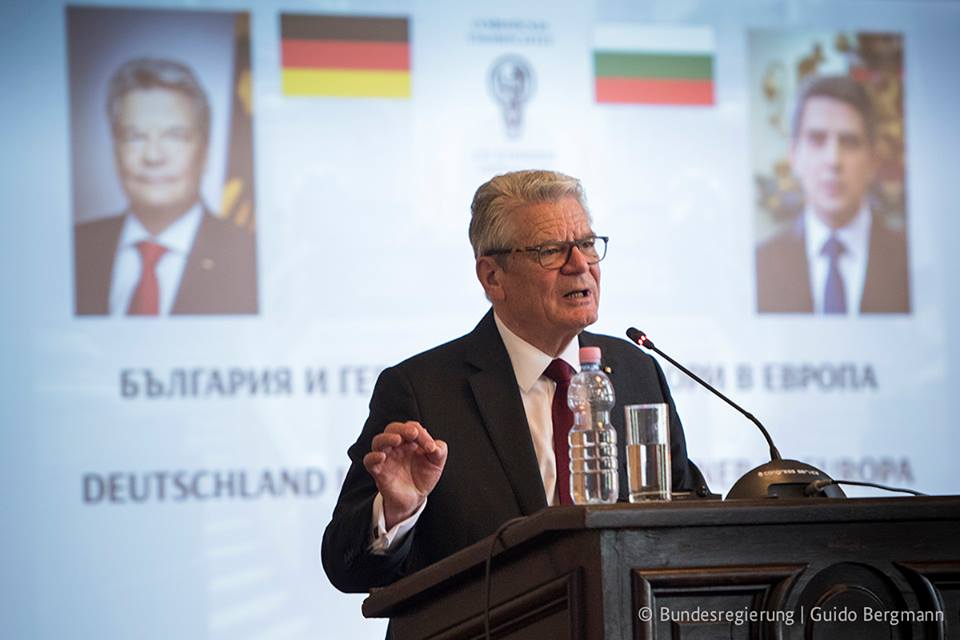Half a decade after the publication of the EU Framework for national strategies for Roma integration and the announced European Decade of Roma Inclusion, no real progress is visible in almost all areas and countries. As a result, the European Commission harden its tone when evaluating the Member States and for the first time spoke about the development of a strategic approach to integration after 2020.
This is visible in the Assessment of the implementation of the EU framework for National Roma Integration Strategies and the Council recommendation on effective Roma integration measures by the Member States, published by the European Commission on 27 April. The report contains Communication with the main political assessments, conclusions and recommendations, as well as Commission Staff Working Document with synthesized best practices of each Member State, as well as findings and recommendations for each country, including candidates for membership. The report was made by experts of the European commission coordinated by DG "Justice." It evaluates the reports submitted by the national governments of the Member States (more precisely: from NPCs). Contribution to the report were submitted also by non-governmental organizations, one of which was Center "Amalipe" (see http://amalipe.com/files/publications/amalipe_assesment_NRIS_2015.pdf).
Continuation and even deepening of the problems ( 'challenges') in most areas, and the lack of real progress in the implementation of integration policies on field are the most common findings in the Communication. That summarized the situation in the fields of anti-discrimination, employment, health and housing. Slight positive development is found only in education and securing financing, the latter referring primarily to the secured European funding, but not to the commitment of government budgets that remain insufficient. The report is available on http://ec.europa.eu/justice/discrimination/files/roma-report-2016_en.pdf
Changing the narrative of the European Commission in assessing the Member States and their submitted reports is visible even in a slight comparison of annual reports published by the Commission. In 2014, the leading tone was optimistic: the first evaluation report on the implementation of national Roma strategies declared that "The first signs of improvement in the lives of Roma slowly began to emerge ... While still a number of challenges, improvements are clearly visible ... "[1] a year later, the report concluded that" Member States continue to make progress on the integration of Roma, but further efforts are needed. "[2]. In June 2016 narrative is overturned: reported are positive steps, but the conclusion is that "efforts fail to stop further deterioration of the living conditions of Roma and widespread hostility from the majority ..." [3]
At the same time more critical tone of the Commission does not lead to new mechanisms of interaction with National Governments. In its part 'Capacity building and promotion of interaction" the report indicates support for the activities of the network of National contact points, Roma Taskforce, two way monitoring visits to Member States (one in Bulgaria on April 2015), the European Roma platform, support for the creation of a National Roma platforms, support for local initiatives. Essentially, these are the mechanisms that were used in 2015. The report mentions launched infringement procedures against Member States for segregation in education without seeing them as a mechanism of impact.
In its final part the Communication insists Member States:
- to strengthen their anti-discrimination and anti-racist legislation;
- not to take ethnically motivated evictions, and in case of deportation to secure alternative housing for families whose only home has been destroyed: a requirement that Bulgaria did not definitely perform, as shown in the cases of Garmen and Varna in 2015;
- to overcome educational and housing segregation: a problem that is particularly acute in Bulgaria;
- to introduce protective mechanism to ensure that mainstream interventions reach Roma people;
- to expand nationwide successful pilot initiatives for Roma integration: request that NGOs constantly made, since Bulgaria has a number of best practices that are not converted into national policies;
- to further develop their systems for gathering information, monitoring and evaluation so as to ensure transparency and accountability and to have actual results: a similar system is developing at present in Bulgaria with funds from the Operational Programme "Human Resources Development"
- to develop / use national Roma platforms to ensure the participation of all stakeholders: this requirement sounds particularly relevant to Bulgaria, where National Council for Cooperation on Ethnic and Integration Issues has not functioned effectively for years and has not ensured citizen participation.
Detailed analysis of Bulgaria's place in the report will soon be uploaded on www.amalipe.com











